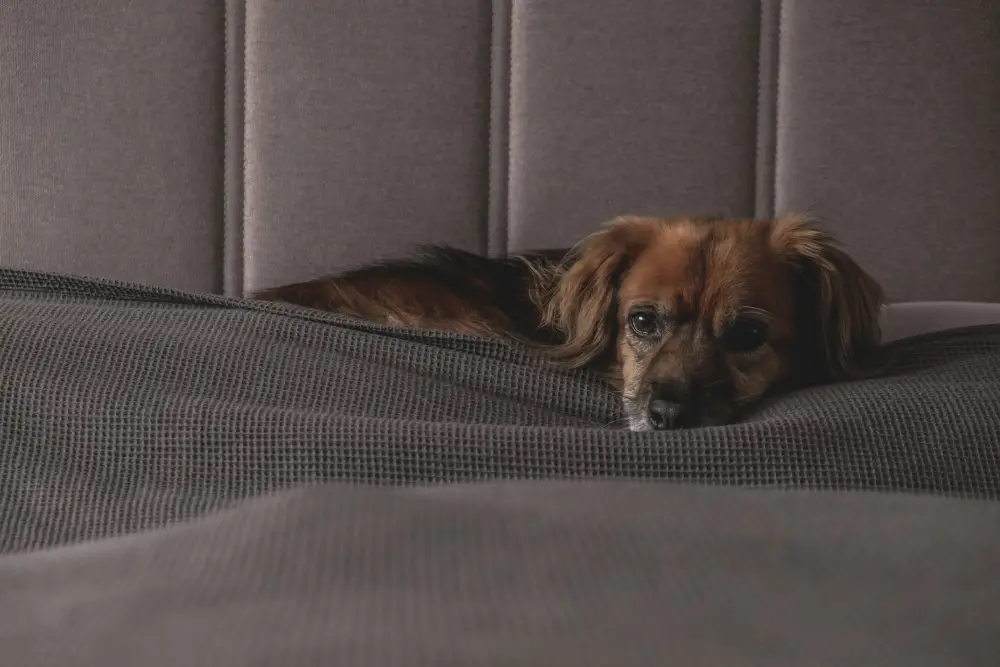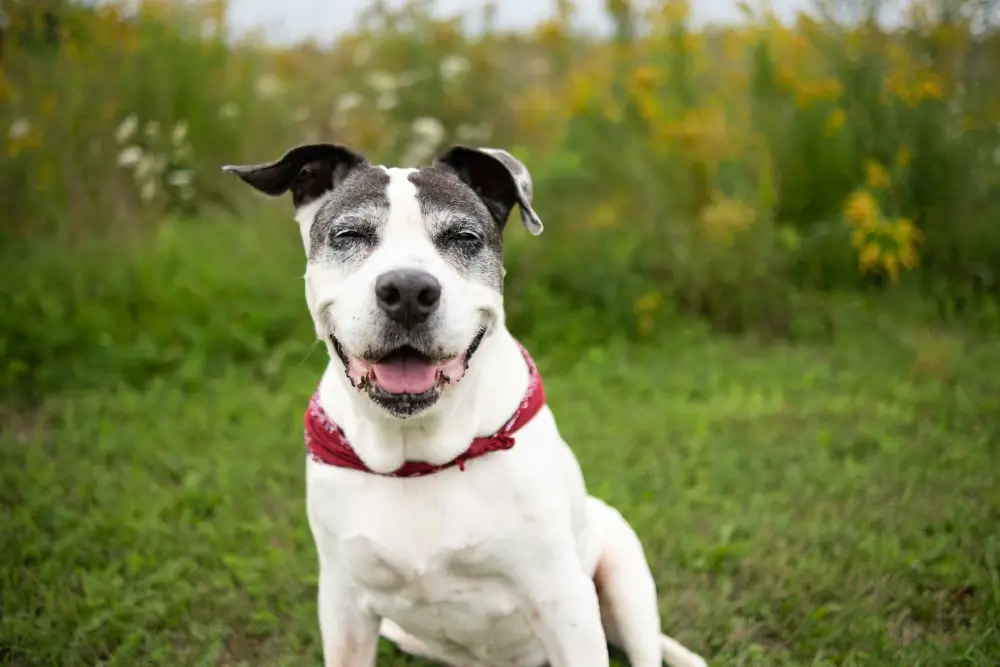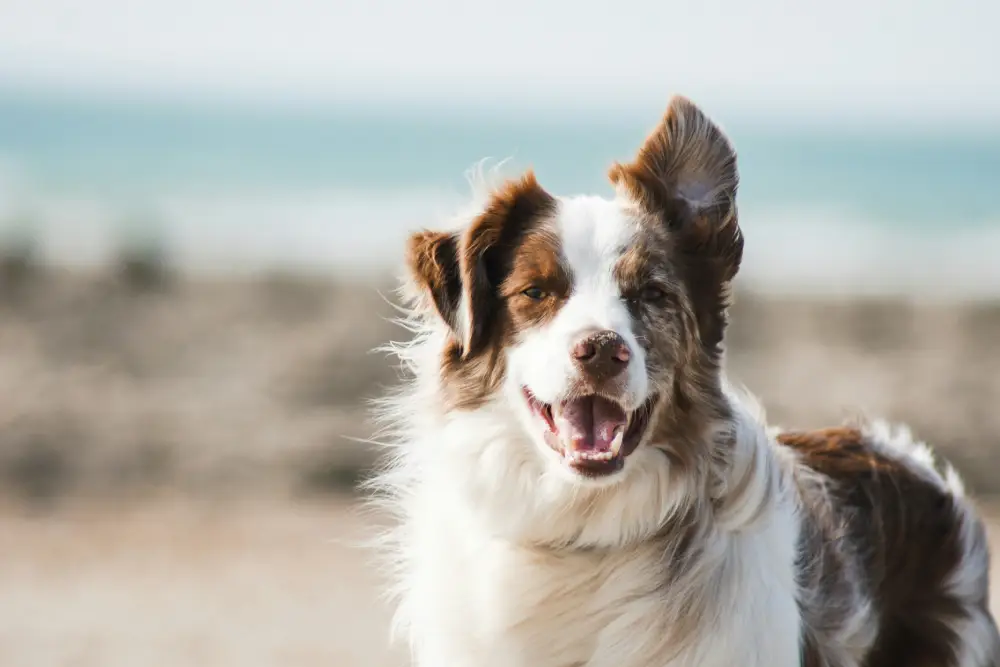
8 Tips to Make Sure Your Pets are Safe During Fireworks
November 19th 2020
With November 5th fast approaching, New Year’s Eve following a few weeks later, winter (firework season) can be a stressful time for our pets. With few pets able to cope with the flashing lights and sound of fireworks it’s a good idea to be prepared. There are several top tips you can follow to help, including some dietary changes.
Sound therapy – a few months before
Sound therapy is a way of desensitising your pet to different noises. It involves using CDs with recordings of loud bangs, thunder or other sounds they could become fearful of. The idea is that your pet can become used to the sounds if introduced to them the right way.
A
This is done by playing them quietly at first for short periods of time, and then increasing the volume and length of time gradually. Ideally this type of treatment programme needs to be started several months before the actual event.
Create a safe haven – a few weeks before
You may want to make a den or hiding place where your pet can feel safe if they become anxious on fireworks night. Crates or tables with blankets draped over them to muffle noise and light can be very useful. It would be best to set up your den a week or two in advance. This gives you time to encourage your dog to go there by putting treats and their favourite toys inside.
Visit your vet
For extremely fearful pets your vet can prescribe medications which can help them to cope with stressful situations. As with all medications there can be side-effects, it is important that you go to the vet to discuss your pet’s needs a couple of weeks in advance. Some medications and supplements need to be started in advance of bonfire night. Others may need to be trialled on a day when there are no fireworks to check for side-effects. Whilst you are there, be sure to check your microchip details are up to date.
Visit your pet shop
Pet shops and veterinary practices will stock products such as anxiety t-shirts or wraps, pheromone and valerian diffusers. The t-shirts and wraps help to calm dogs by applying gentle, constant pressure, similar to a gentle hug or swaddling a baby. Whereas pheromones work as either sprays or plug-in diffusers.
A
When released by their mother, appeasing pheromones (which are odourless to humans) help kittens and puppies feel safe and secure. Pheromone diffusers release a synthetic copy of this appeasing pheromone to help pets feel at ease. Alternative diffusers are also available, but they use natural Valerian plant oil to help pets feel calm.
On the day
Take your dog for a walk before it gets dark and the fireworks start. Get cats indoors and try to protect outdoor animals such as rabbits and guinea pigs by covering sheds and hutches. Old carpets or tarpaulins are great for this as they muffle light and sound.
Closing the curtains and playing music or putting the TV on can help to mask sounds once indoors. You could also try and distract your pet by playing games with them or teaching them a new trick using toys or treats.
Don’t forget to make their den or safe place as inviting as possible. Pop in some chews, treats or their favourite toy and cover the den with draped blankets to muffle noise and light.
Keep your home secure
Sadly every year there are incidences of dogs that have escaped from their garden or home on November 5th. Ideally don’t let your dog out in the garden until the fireworks have stopped, or until there is a break. If possible put them on the lead and go with them, even if you think your garden is secure a scared animal may jump, dig or squeeze out of a gap they would normally ignore.
As long as your cat has access to a litter tray in a quiet place, you may wish to lock the cat flap so that they stay indoors.
Diet
Research into ingredients that may help to calm pets has shown mixed results. One of the products your vet may recommend for your dog or cat is a supplement produced from a milk protein called Casein. This has been clinically proven to help reduce anxiety.
A
Another area of interest has focussed on tryptophan (an amino acid) and its effects on serotonin levels (a neurotransmitter in the brain that effects mood). However, the results do not currently support the theory that tryptophan may be useful for anxious dogs.
A
Herbs & plants such as Chamomile, Lemon Balm, Valerian and Skullcap are often added to foods or supplements to help pets relax. However, the quality, amount and preparation of the herb can all play a part in how effective they can be. If you decide to go down this avenue, then speak to your vet about licensed high quality supplements.
A
As with medications, any dietary changes or supplements would usually need to be started a few weeks before the actual event. Therefore, make sure you speak to your vet in advance.
If you’ve got a puppy
Up until 16 weeks old, puppies are going through a critical stage of their development. This is because they are open to learning about new situations and environments. This is called the ‘window of socialisation’. After this period of time anything new (including different noises and sounds), that they haven’t come across before, will be met with apprehension.
A
This socialisation period is the ideal time to introduce puppies to noises like fireworks and thunder. As with adult dogs, sound therapy using recordings is a great way to do this in a safe environment.
A
Unfortunately, during the socialisation period, puppies also have a phase known as the ‘fear imprint period’ which is seen between 8-11 weeks old. During this period, any traumatic, frightening or painful experiences will have a more lasting effect and can set your puppy back for life.
A
If your puppy is around this age when fireworks are due, it is best to try and make the experience as positive as possible. You can do this by playing games, and reward them with treats. Or even give them a treat or get them to fetch something each time you hear a bang. This will teach them that the noises actually mean something good is about to happen.
Preparation
Preparation is the key and the earlier you can start the better your pet is likely to cope. If you are too late to fully prepare for this year’s bonfire night, don’t forget about New Years eve. Make sure you set a reminder to prepare for the fireworks.

 Shop Dog
Shop Dog
 Shop Cat
Shop Cat
 Vet Know-how
Vet Know-how Contact
Contact


